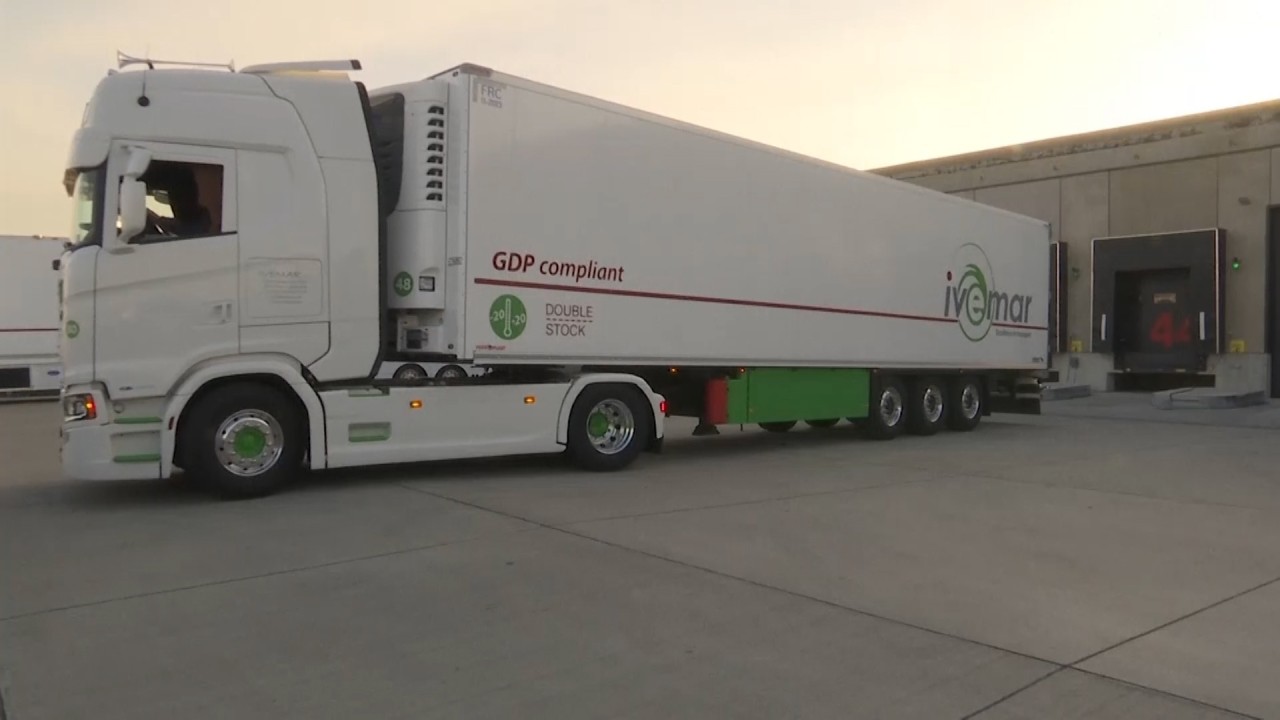
Coronavirus: AstraZeneca ‘to increase EU vaccine deliveries by 30 per cent’
- An EU source said that the first deliveries would start in the second week of February
- The EU has come under pressure in recent days as it was forced to revise its original vaccination targets in the face of supply problems
AstraZeneca will deliver 30 per cent more coronavirus vaccine doses to the EU than it pledged last week, European Commission chief Ursula von der Leyen said Sunday.
The company will send 9 million additional doses and “will start deliveries one week earlier than scheduled”, Von der Leyen said in a tweet after days of tensions over production delays.
An EU source said that the first deliveries would start in the second week of February.
AstraZeneca would also extend its production capacity in Europe, Von der Leyen added.
The EU leader sent the tweet after talks Sunday with the leaders of the drugs companies that have signed vaccine contracts the EU.
She told Germany’s ZDF broadcaster the new doses represented an increase of 30 per cent on the previous order.
The aim was still to vaccinate 70 per cent of adults in the EU by the end of summer, she added.
The EU has come under increasing pressure in recent days as it was forced to revise its original vaccination targets in the face of supply problems.
On January 19, it said it aimed to vaccinate 80 per cent of health professionals and people aged over 80 by March.

01:41
Belgium to become a distribution hub for coronavirus vaccines across Europe and Africa
But AstraZeneca, whose vaccine was authorised for use in the EU on Friday, announced a three-quarters cut in the deliveries it had promised to the EU in the first quarter. It blamed production problems at one of its European sites.
Brussels refused to accept that explanation, demanding an inspection of the Belgian industrial site concerned, which is managed by a subcontractor.
Germany’s government on Sunday threatened any laboratory that failed to respect their obligations with legal action.

.png?itok=arIb17P0)